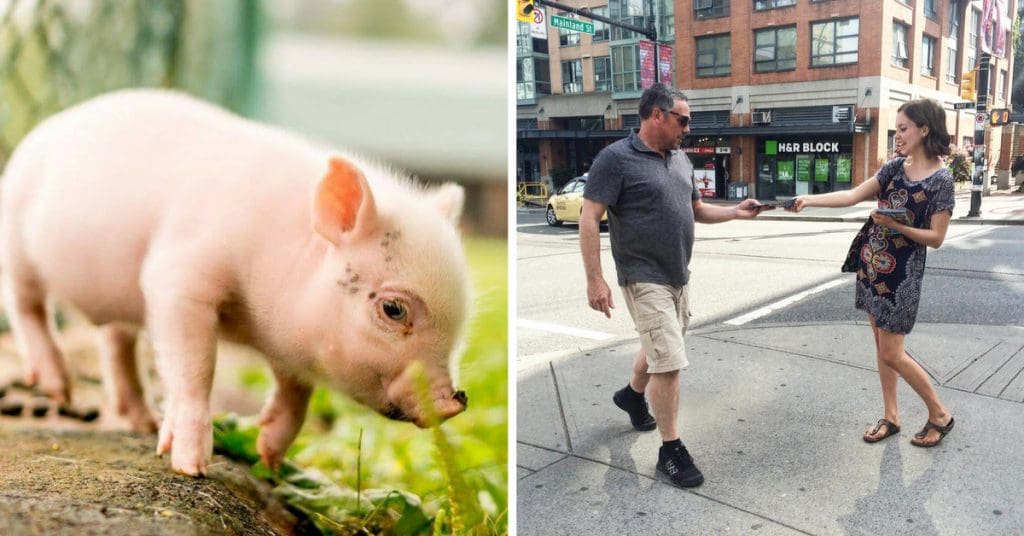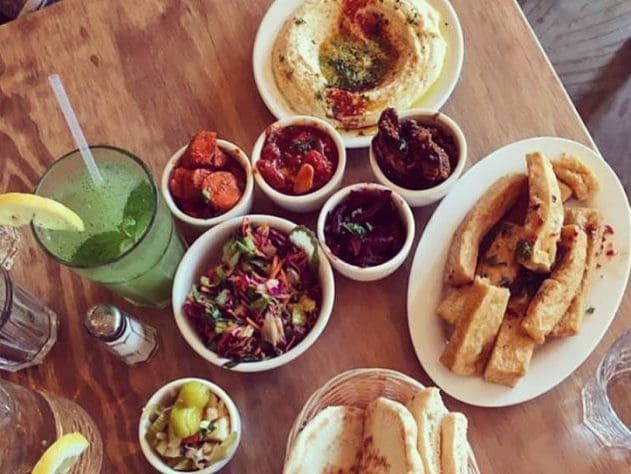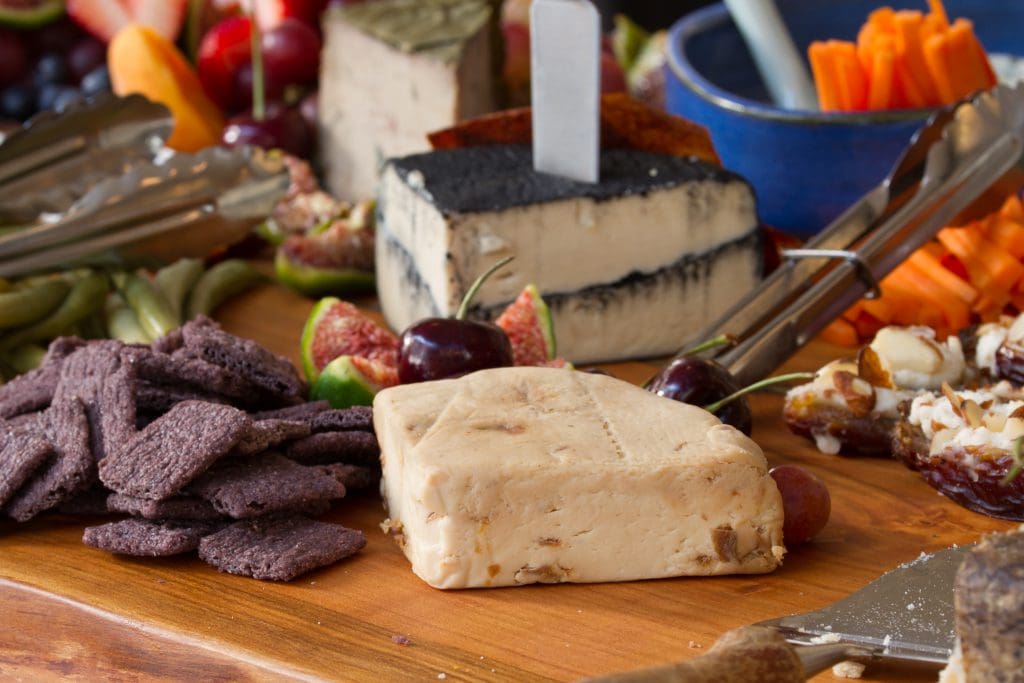
Blue Heron Creamery launched in 2016 as a vegan cheese-making and event catering company, but recently Chef Karen McAthy and her business partner Colin Medhurst announced that they will shortly be opening Vancouver’s first standalone vegan-cheese shop. We talked to Karen about the new storefront operation and about the growing appeal of plant-based cheese.
How did Blue Heron Creamery start?
I had been the executive chef of Graze Vegetarian (a vegan restaurant that closed in 2015). During my time there, I had wanted to offer a vegan charcuterie or antipasto board, but I didn’t really love what was available in the stores with respect to dairy-free, vegan cheese options. I have a background in fermentation, and such, so I began searching for ways to make something I would want to eat and to offer. So began what is essentially the first stage of Blue Heron r & d. I was very fortunate during that time, in that I had a young cook/chef from another restaurant who knew I was doing fermentation and culturing and reached out to ‘stage’ and Katie became an integral part of that early research.
In late 2015, I moved to another vegan restaurant, but the interest and demand for the cheeses and other foods didn’t stop, so I began thinking about what I wanted to do with this process. In 2014, I had been approached by New Society Publishers to write a book about vegan cheese-making, and since I was doing ongoing research for the book, I was making cheeses and sharing them. By the spring of 2016, I knew that Blue Heron was the name I wanted (I have an abiding respect, admiration and appreciation for herons) Then I had the great fortune to reconnect with Colin Medhurst at an Erin Ireland event, Mindful Movie night. Colin had been a regular guest at Graze along with his wife at the time, and I had done some recipes for one of their e-books for Feed Life, their nutrition and wellness company.
Reconnecting with Colin, put the whole project into a new motion, and we were so incredibly blessed to have the help, support and effort from Eden Chan and Zoe Peled in our first effort to get the company into a more formal place, and since then it has been a constant sense of growth and demand, and a multi-faceted learning curve!
What was the response from Vancouver consumers?
I would say we’ve been so fortunate to have support from so many people. I never assume everyone will like everything, so I am always happy when our products are well received. We have some products coming, such as our blue cheeses, that we know won’t be everyone’s preference, but that is okay too.
It’s an interesting time to be producing a product that we know will make some people very happy, invite some skeptics, and, well, all the usual things that come with being in the food industry.
How difficult is it to create cheeses that have the same appeal as their dairy equivalents?
Well, this may seem surprising to say, but that hasn’t necessarily been my overt goal. I am more interested in understanding what the microbes want to do with the plant-based mediums and what flavours and textures will be the result. My goal has been more to create cheeses, free from animal products, that can stand on their own. Some will occasionally feel familiar or taste a little similar, and some of that is because the microbes doing the culturing produce those same kinds of flavour and texture in dairy cheeses. I work primarily with cultured cheeses and that is the focus of the cheeses Blue Heron will be offering. So, it is a bit of an invitation to not compare and contrast (though this will be a little inevitable), but to taste something for its own characteristics.
This is a little different than some of the other vegan cheese producers out there, who are doing the work of trying to capture some nostalgia and familiarity of things that folks miss or think they will miss.
What made you decide to open a storefront operation in Vancouver?
We weren’t actually seeking to open a storefront in Vancouver, or anywhere really (at least not at this stage). We were looking for a larger, non-shared space to produce, and this opportunity just came up and it seemed like we should just go for it. We are right beside Friendly Snackbar, another vegan (and gluten-free) spot with amazing treats, and we really enjoy working with the folks attached to that project and the Wallflower Modern Diner, where owner Lisa Skelton has been incredibly supportive and encouraging among many other things. And, the neighbourhood, Mt. Pleasant, has been my home for more than 10 years, so it has a lot of appeal.
Will you be expanding your product range? (Some examples? – What’s most popular now?)
I have developed more than 20 styles of cheese that we will be releasing gradually. Some take a long time to age and will not be ready for release until the fall. Others, like our Cumulus (a coconut milk based cheese, presented in several flavours), along with our Smoke’n’Spice (sort of like a young smoked gouda), Forest (earthy and mild smoky notes), our coconut yogurt, cashew/coconut sour cream, cultured and non-cultured butters, and some other products of the non-cheese variety.
Later in the year, we will be releasing some of our more ’boutique’ cheeses, the ones that take longer to age and develop, like our Beachwood (an almond-based cheese), our Ardea Blue (an ashed and wine washed blue cheese), and a couple of varieties of bloomy-rinded camembert.
What has been the biggest challenge In launching a plant-based business?
How do I communicate hysterical laughter in writing? First, there is never just one big challenge in this kind of enterprise, and sometimes they overlap and can be overwhelming. Vancouver is an expensive city. So, finding affordable, suitable space is immensely difficult. Food costs are an ongoing challenge for anyone working in the food industry, and trying to be mindful of things like wanting to minimize waste, and remain attendant to Fair Trade issues, and meet all regulatory requirements requires constant attention.
The growing nature of a business partnership is a challenge and pleasure all at the same time, and good partnerships require as much attention and care as good friendships or other human relations, and are essential to the core of the business, but this isn’t a ‘bad’ challenge, just the reality.
And, we make cultured food products, so if inventory is getting low, we can’t just ‘make more’ and have it be ready the next day… so we have the challenge of trying to keep all the layers of production moving so that we can meet a constantly increasing demand.
Also, I am not sure that these challenges are any different than any other food business, the only one that I haven’t mentioned yet, that is different than some of the others, is that we need to be ready to inform, educate, and speak to what we are doing much more often and at much more length than some other food businesses. At tasting events we have participated in (some of the Gala’s that we’ve been at), we are often asked many more questions and need to be prepared for that… but this is actually a pleasure and worth it.
Who buys plant-based cheeses? (Just vegans or is the appeal wider?)
Since I was at Graze and through until now, our client base has been fairly wide ranging. We have many vegans, of course, and quite a lot of vegetarians who are transitioning to vegan. But we have a number of clients who are lactose intolerant or allergic to dairy proteins, and we have a growing number of food interested, food curious people who are spending more time thinking about where their food comes from, how it is prepared, and who like trying new things.
Do you think the market for plant-based food will continue to grow?
I think the numbers speak for themselves. I don’t think the increase in plant-based, vegan products or lifestyle choices will be a trend, such as cupcakes (peaked then dropped a bit). With the UN posting reports about the impact of animal agriculture, increasing water insecurity due to human engagement and politics, and ever mainstreaming of some of the animal ethics concerns, I think the growth will continue. The Plant-based Foods Association identifies the dairy free sector to be selling several billion dollars globally by 2020, and vegan cheese is looking at global sales of $3.5 billion by 2024. I think other issues will arise, as they always do with rapid shifts in consumer changes. Commodity prices for the ingredients used in these products, and for the products coming from sensitive political and developing nations will pose some challenging questions around extraction and ensuring human rights and wellness of those related communities will become larger topics I am sure.
What do think is driving the interest in plant-based products? – Animal welfare, health concerns, environmental concerns?)
I think there is more than one factor. For many years, it could have been said to be the primary influence was personal health and wellness, then environmental, and then animal welfare and rights, but the hard, diligent, difficult and tireless effort of so many activists and researchers and lawyers on the ground have been steadily having deeper reach, (my opinion) within larger parts of mainstream society. Animal Justice (Anna Pippus as a rep for them), The Furbearers Association, Van Chicken Save (all here in Vancouver), do constant work in this area, and folks like David Isbister of Plantbase Food and Products, aligns his business with animal activism, and while there is ongoing exercised dialogue between this realm and detractors, this dialogue also creates the opportunity for shifts in perception.
No major changes, or perhaps very few, didn’t come without a number of different forces at play.
Where do you see Blue Heron Creamery in five years?
We hope to be widely distributing across Canada and the U.S., and have licensing of our method to other companies in other countries, and develop our food education and innovation components. The course I teach in conjunction with my first book, The Art of Plant-based Cheesemaking is routinely full, and we are looking to develop an online course, along with several other courses… and Colin, co-author of the Juice Truck book and a certified health coach, and I want to develop some other ideas.
We also want to be in a place to mentor and develop other vegan cheesemongers, and help develop the methods and practices of craft vegan cheese-making evolve and be understood as an evolution of cheese-making craft itself.
I have a personal goal that I have had for much longer than Blue Heron, Soil (I won’t say much more here right now), but I am hoping that somehow Blue Heron will allow that project to sprout and grow.
Blue Heron will open at 2410 Main Street in February.




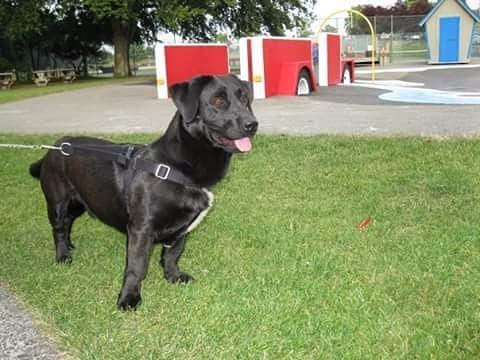

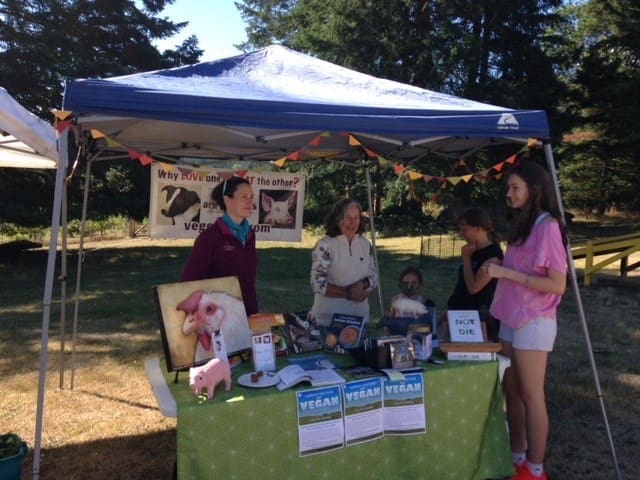
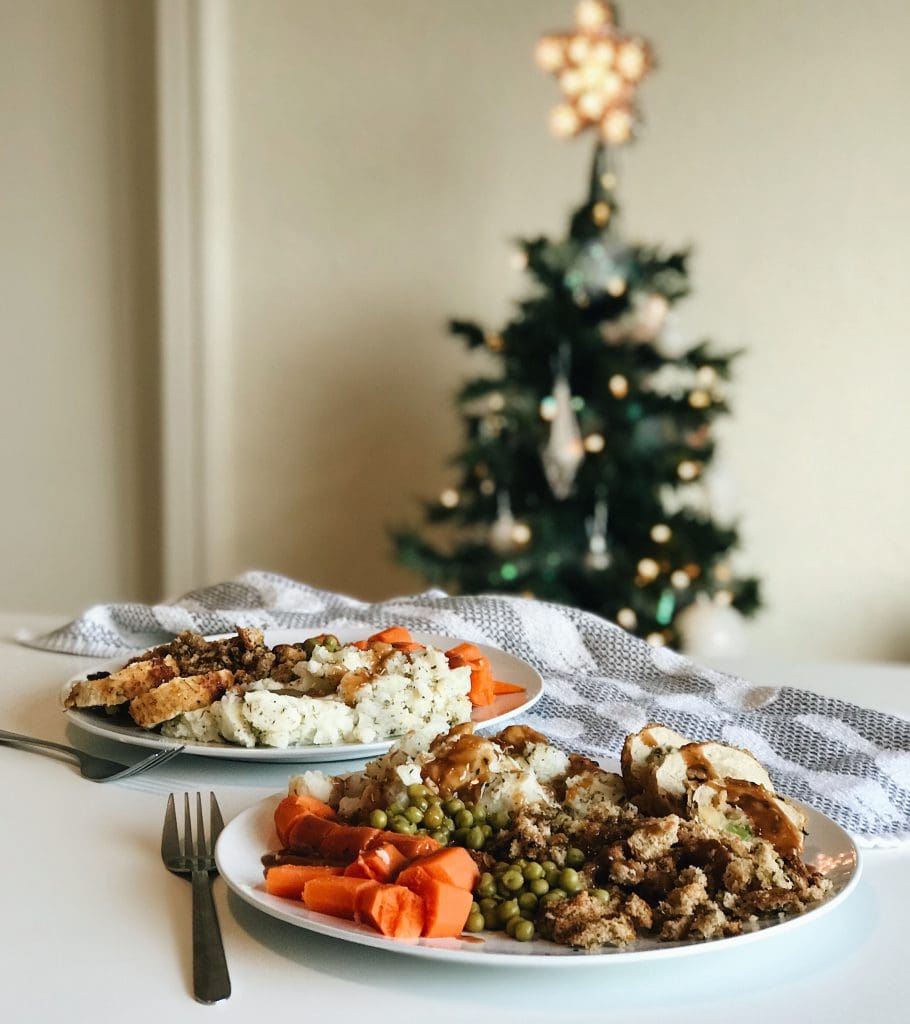

 Captive
Captive The Animals’ Agenda
The Animals’ Agenda  Veganism in an Oppressive World
Veganism in an Oppressive World Beyond Beliefs
Beyond Beliefs What a Fish Knows
What a Fish Knows Carnivore Minds: Who These Fearsome Animals Really Are
Carnivore Minds: Who These Fearsome Animals Really Are Clean Meat: How Growing Meat Without Animals Will Revolutionize Dinner and the World
Clean Meat: How Growing Meat Without Animals Will Revolutionize Dinner and the World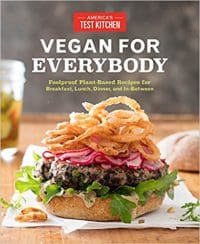 Vegan for Everybody
Vegan for Everybody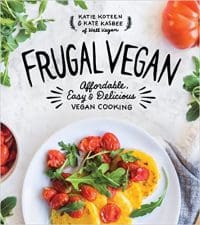 Frugal Vegan
Frugal Vegan Vegan Richa’s Everyday Kitchen
Vegan Richa’s Everyday Kitchen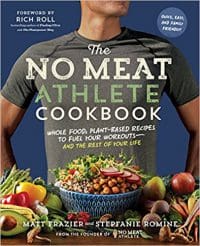 No Meat Athlete Cookbook
No Meat Athlete Cookbook
 Vegan Yarn
Vegan Yarn LUSH
LUSH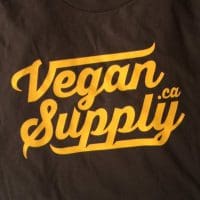 Vegan Supply
Vegan Supply  Pureology
Pureology Kama Natural Soap
Kama Natural Soap Sephora
Sephora Bioethique Spa On 4th
Bioethique Spa On 4th Zimt Chocolate
Zimt Chocolate Kiss My Face
Kiss My Face Matt & Nat
Matt & Nat Emani Vegan Cosmetics
Emani Vegan Cosmetics Arbonne
Arbonne Sandhill Wines
Sandhill Wines 50th Parallel Estate Winery
50th Parallel Estate Winery Cedar Creek Estate Winery
Cedar Creek Estate Winery Hester Creek
Hester Creek Red Rooster Winery
Red Rooster Winery Stag’s Hollow Winery
Stag’s Hollow Winery Sumac Ridge Estate Winery
Sumac Ridge Estate Winery Tinhorn Creek Vineyards
Tinhorn Creek Vineyards Russell Brewing Company
Russell Brewing Company Big Rock Brewery
Big Rock Brewery Okanagan Spring Brewery
Okanagan Spring Brewery Vancouver Island Brewing
Vancouver Island Brewing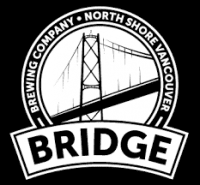 Bridge Brewing Company
Bridge Brewing Company
